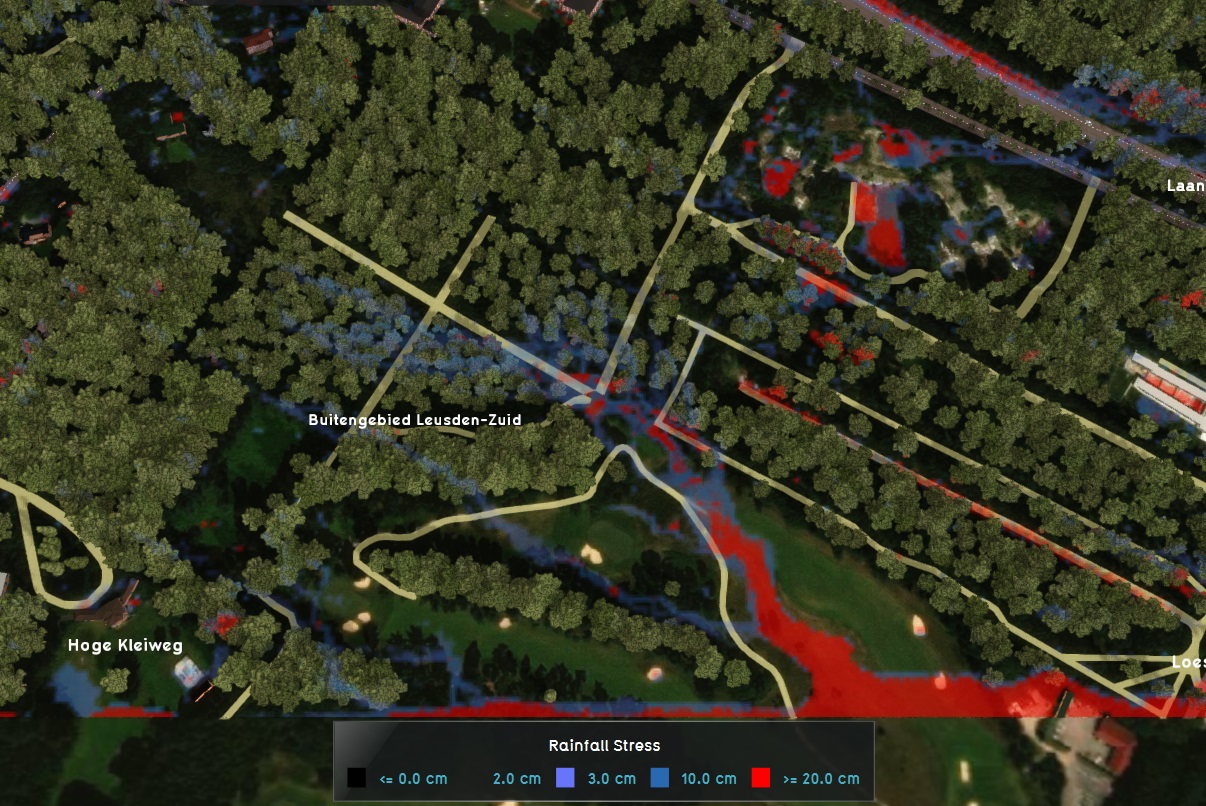Rainfall Overlay: Difference between revisions
Jump to navigation
Jump to search
No edit summary |
|||
| Line 13: | Line 13: | ||
==Rainfall overlay results== | ==Rainfall overlay results== | ||
[[Results (Water Overlay)| | [[Results (Water Overlay)|Rainfall overlay results]]<br> | ||
[[Result type (Water Overlay)#List of Result Types|List of Result Types]] | [[Result type (Water Overlay)#List of Result Types|List of Result Types]] | ||
<!--==Rainfall overlay calculations== | <!--==Rainfall overlay calculations== | ||
| Line 144: | Line 144: | ||
|simulation time | |simulation time | ||
|}--> | |}--> | ||
==References== | ==References== | ||
<!--# STOWA (2017) ∙ Benchmark Inundatiemodellen, Modelfunctionaliteiten en testbankberekeningen ∙ found at: https://ruimtelijkeadaptatie.nl/publish/pages/129612/benchmark_inundatiemodellen_stowa_2017.pdf (last visited 2018-08-13)--> | <!--# STOWA (2017) ∙ Benchmark Inundatiemodellen, Modelfunctionaliteiten en testbankberekeningen ∙ found at: https://ruimtelijkeadaptatie.nl/publish/pages/129612/benchmark_inundatiemodellen_stowa_2017.pdf (last visited 2018-08-13)--> | ||
Revision as of 15:07, 9 April 2019
The Rainfall Overlay is a variant of the Water Overlay, which in turn is an grid overlay based on the water module calculations that displays the hazard and impact of (heavy) rainfall over the project area. Based on the elevation model, terrain roughness and representations of the sewer and water systems, several result types can be displayed.
A Rainfall Overlay Tutorial is available to start working with this overlay.
Rainfall overlay results
Rainfall overlay results
List of Result Types
References
